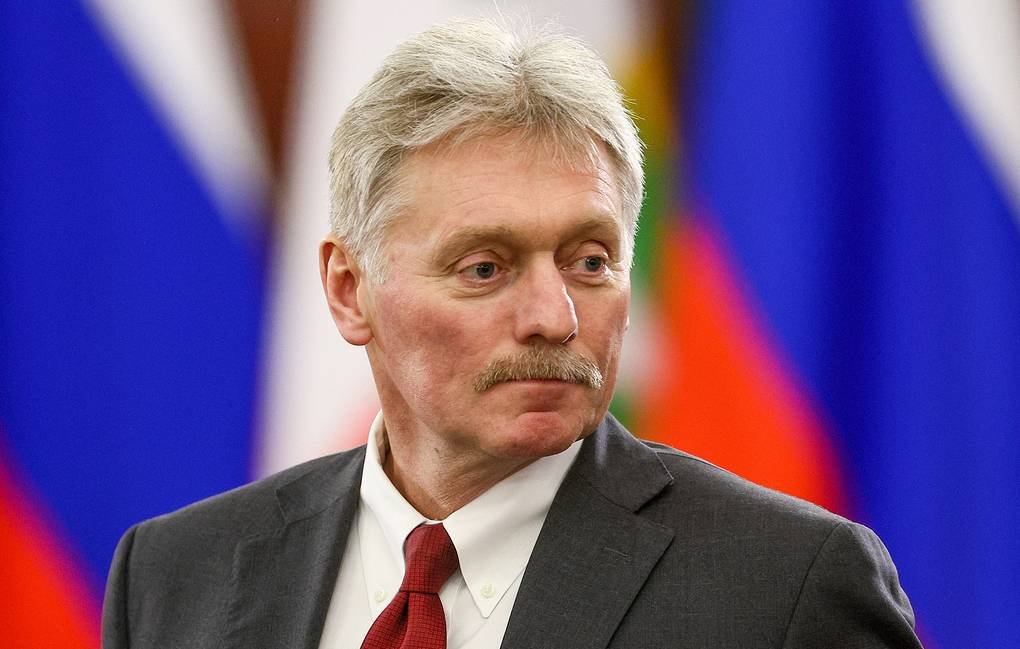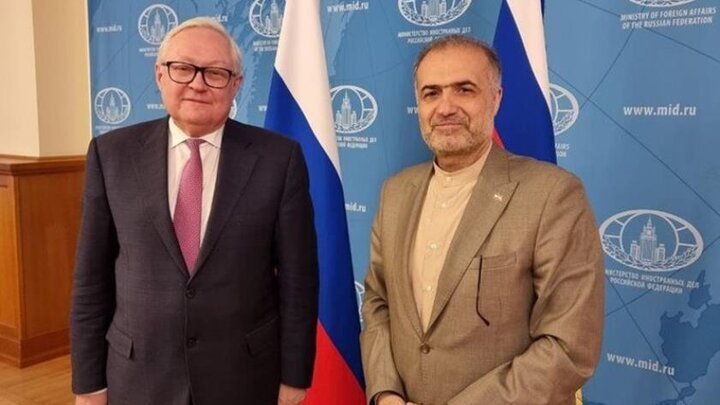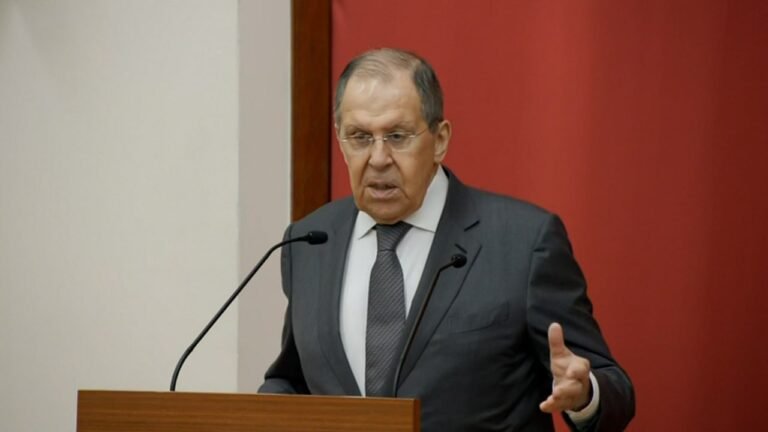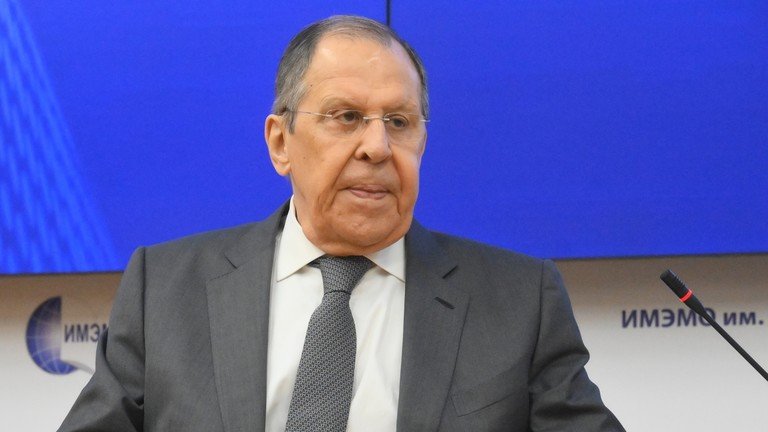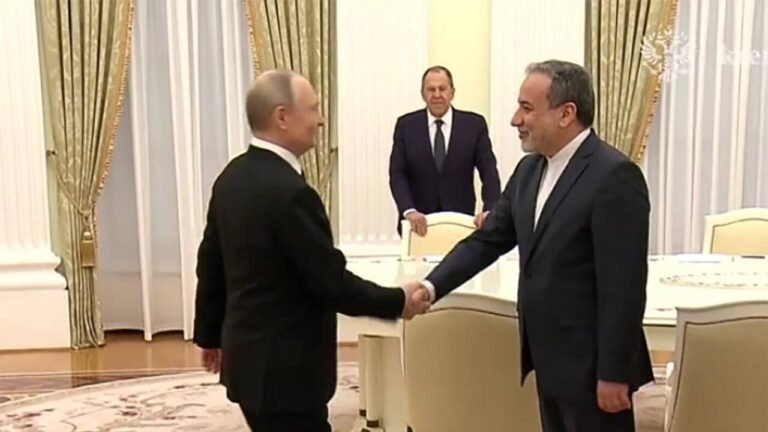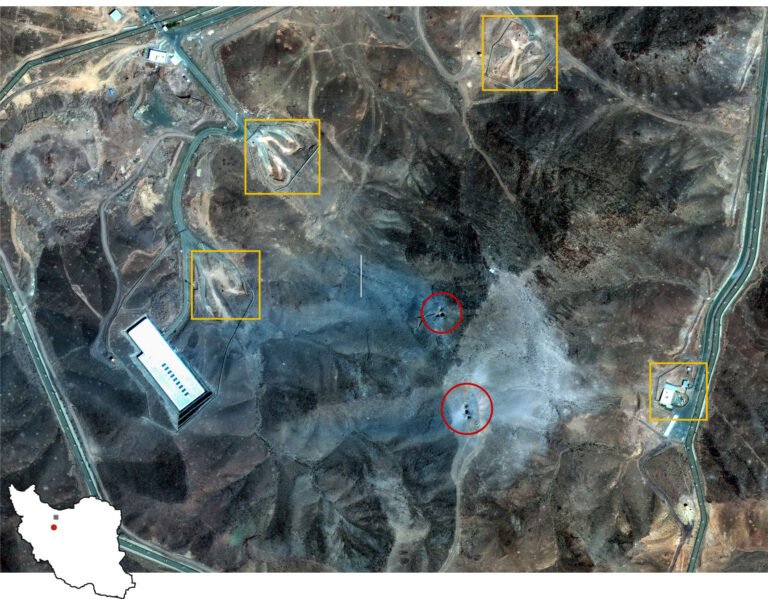The Kremlin said Monday that President Vladimir Putin still supports the idea of a ceasefire in Ukraine, but many unanswered questions remain about how such a truce would be implemented.
U.S. President Donald Trump has pushed for a swift ceasefire between Russia and Ukraine since taking office, but his administration has yet to secure a breakthrough despite holding multiple talks with both sides.
“Putin does support the idea that a ceasefire is needed, but before that, a whole range of questions has to be answered,” Kremlin spokesman Dmitry Peskov told reporters Monday.
“These questions are hanging in the air — so far, no one has answered them,” Peskov added, blaming the lack of progress on what he called “the Kyiv regime’s uncontrollability.”
Trump has expressed growing frustration with the slow pace of peace negotiations, telling NBC News last month that he was “pissed off” with Putin.
“We’re talking to Russia. We’d like them to stop. I don’t like the bombing. The bombing goes on and on,” Trump told reporters on Sunday.
Putin rejected a joint U.S.-Ukrainian proposal for an unconditional, full ceasefire in March. The Kremlin has also tied any truce in the Black Sea to sanctions relief, which Ukrainian President Volodymyr Zelensky and European leaders have rejected as a non-starter.
U.S. Secretary of State Marco Rubio said last week that Trump would not be drawn into “endless negotiations” with Russia over ending its war against Ukraine, adding that “we’ll know soon enough… whether Russia is serious about peace.”
Meanwhile, Ukrainian officials plan to visit Washington D.C. in the coming days for further talks on a natural resources deal with the United States.
Kyiv and Washington had planned to sign the agreement last month, but a televised clash between Trump and Zelensky derailed the discussions.
Trump wants the deal, which would give the U.S. royalty payments on profits from Ukrainian mining, as compensation for military and financial aid provided to Kyiv by his predecessor, Joe Biden.
Ukraine says any deal should include robust security guarantees that would act as a deterrent from further Russian attacks.

